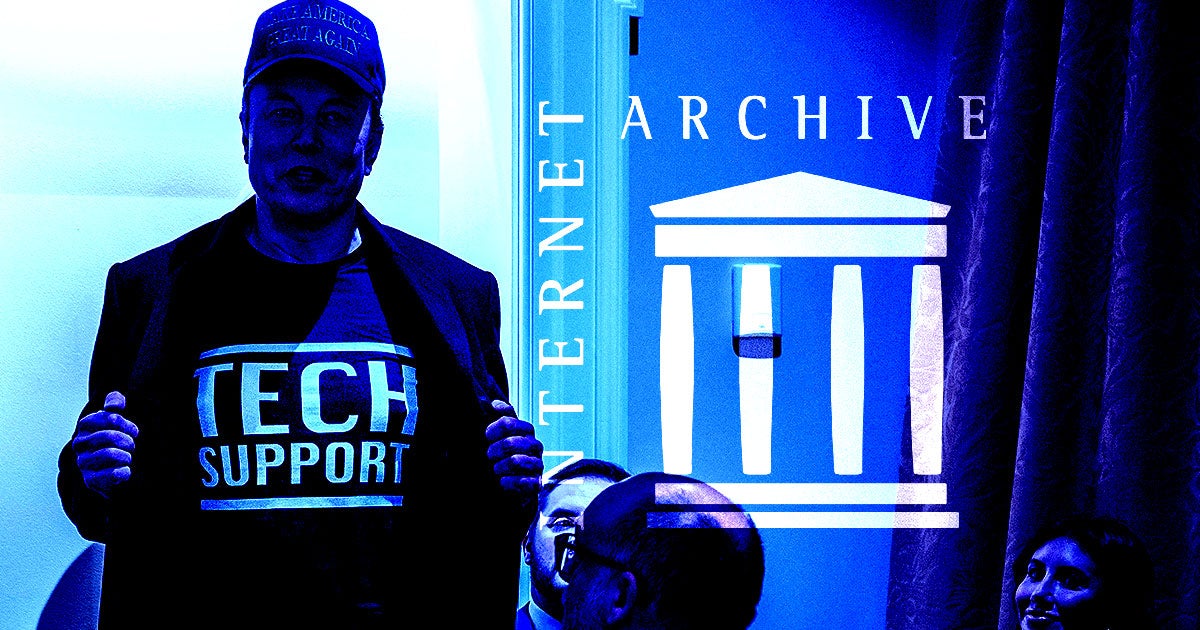“This is really going to impact institutions that we take for granted,” Internet Archive director of archiving and data services Jefferson Bailey told the Standard, “like our museums, our historical societies, our public libraries, our academic libraries — just a lot of people that keep information free and accessible and online.”



You’ve answered your own question: because one day they might not take the fire and collapse. It’s like saying it’s not the first time your old HDD has been showing bad sectors and definitely won’t be the last. That’s all the more reason to make a backup!
I agree with you that we should donate to them and make them more people-funded, but ideally you want that taken care of through public funding coming out of taxes. You can’t just sustain every single entity through individual donations.
I feel this is a bad analogy, Wikipedia and IA are not a hard drive spinning in a server rack, they are community projects - made for the public good. They do not face the same issues. The problems they repeatedly face are always the same - funding (which is largely solved) and the issue discussed on topic - legal.
The reason it’s important to defend the IA/Wikipedia and pile our resources behind them instead of splitting off new projects is that if they lose legal cases, any other projects with the same or similar goals will face exactly the same attacks and results. Unless you intend to host your replacement on the moon.
Fair enough. In that case, let me amend my prescription:
Whether or not it’s the same project is immaterial — it’s about redundancy of the data, hosting it in multiple countries, in such a way that if one country turns authoritarian and wants to burn it down, they’ll be backed up in 10 other countries. The community as well should be international and redundant in a way that allows for responsibilities to shift if push comes to shove.
Ultimately it’s about not being vulnerable to one country having one bad day.
No, just countries that don’t want to destroy IA/Wikipedia. If there’s none of them left, then we’ll have much bigger problems.